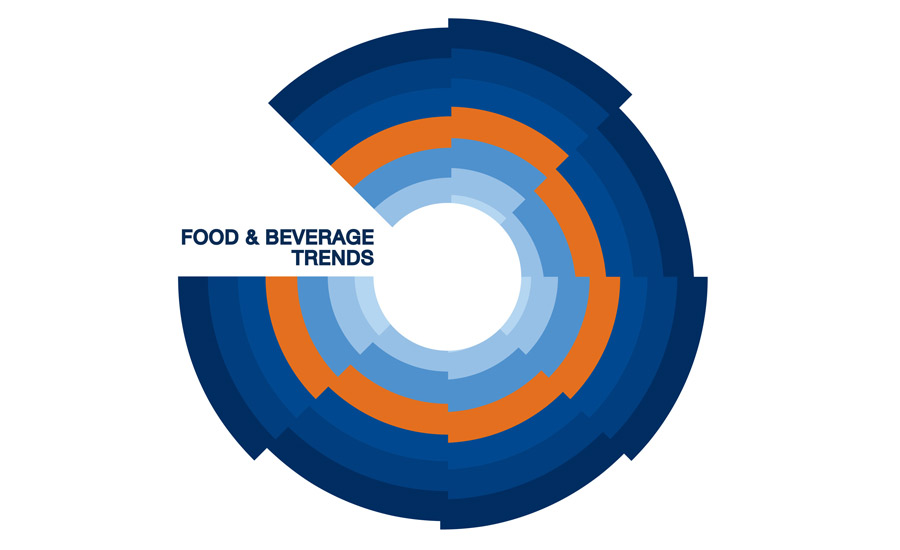Independent evaluator Keybridge LLC released its annual report on progress toward a nationwide goal, set by the beverage industry and the Alliance for a Healthier Generation, to reduce the calories and sugar Americans get from beverages. The report noted that 2019 saw the largest single-year reduction in calorie consumption and the third consecutive year of declines since the launch of the initiative.
In 2014, the American Beverage Association (ABA), The Coca-Cola Company, PepsiCo, Keurig Dr Pepper (formerly Dr Pepper Snapple Group) and Healthier Generation announced the Beverage Calories Initiative (BCI), a commitment to reduce per-capita consumption of beverage calories by 20% nationally by 2025.
According to the report, consumption of calories and sugar from beverages fell by 2.4% in 2019, even as sales volumes grew. Most of the progress toward the calorie goal came from reduced consumption of full-calorie sodas. Calories from juices and sports drinks also declined in 2019. Per person volumes of of no- and low-calorie sodas held steady, representing a change from previous years when declining volumes of no- and low-calorie soft drinks had been a headwind to calorie reduction progress. Meanwhile, sales of waters grew in 2019.
Since the start of BCI, beverage calories per person have decreased 5.6% from 203.0 calories per person per day in 2014 to 191.8 in 2019. Annual reductions have accelerated over each of the last three years.
This progress, which predates the COVID epidemic, comes as the beverage industry has been driving product innovations and marketing toward lower-calorie options. In 2018, more than two-thirds of all new beverage brands introduced were either no-, low- or mid-calorie options. In 2019, more than 55% of beverages purchased were zero-calorie.
For 15 years, Healthier Generation has convened and facilitated industry-wide and community-based solutions in support of whole child health. In 2006, Healthier Generation, ABA, and America's leading beverage companies entered into an agreement that reduced beverage calories shipped to the nation's K-12 schools by more than 90%. The Beverage Calories Initiative builds upon this effort to decrease consumption of calories from beverages at both a national and local level.
Later this year, Healthier Generation and ABA will release a complementary report on the BCI Communities Initiative, which evaluates progress toward the 20% beverage calorie reduction goal in five select communities across the country.
www.healthiergeneration.org/bci
www.ameribev.org
New Report Shows Largest National Reduction in Beverage Calorie Consumption
Independent analysis marks third consecutive year of notable calorie declines as sales volumes continue to increase

Looking for a reprint of this article?
From high-res PDFs to custom plaques, order your copy today!


